Why do cats drool and what can you tell by looking at the consistency of their saliva? And what should you do if the salivation is strong and doesn’t stop?
Do cats’ mouths water when they see or smell their favourite food? Unlike dogs, for whom it’s normal to lose a few drops of saliva here and there, cats usually have their saliva under control. But if your cat is drooling a lot, if it has saliva dripping out of its mouth or especially thick saliva, then it’s time to take a closer look: What is the consistency of the cat’s saliva? What are the possible causes of the drooling?
Cat drooling – causes and implications
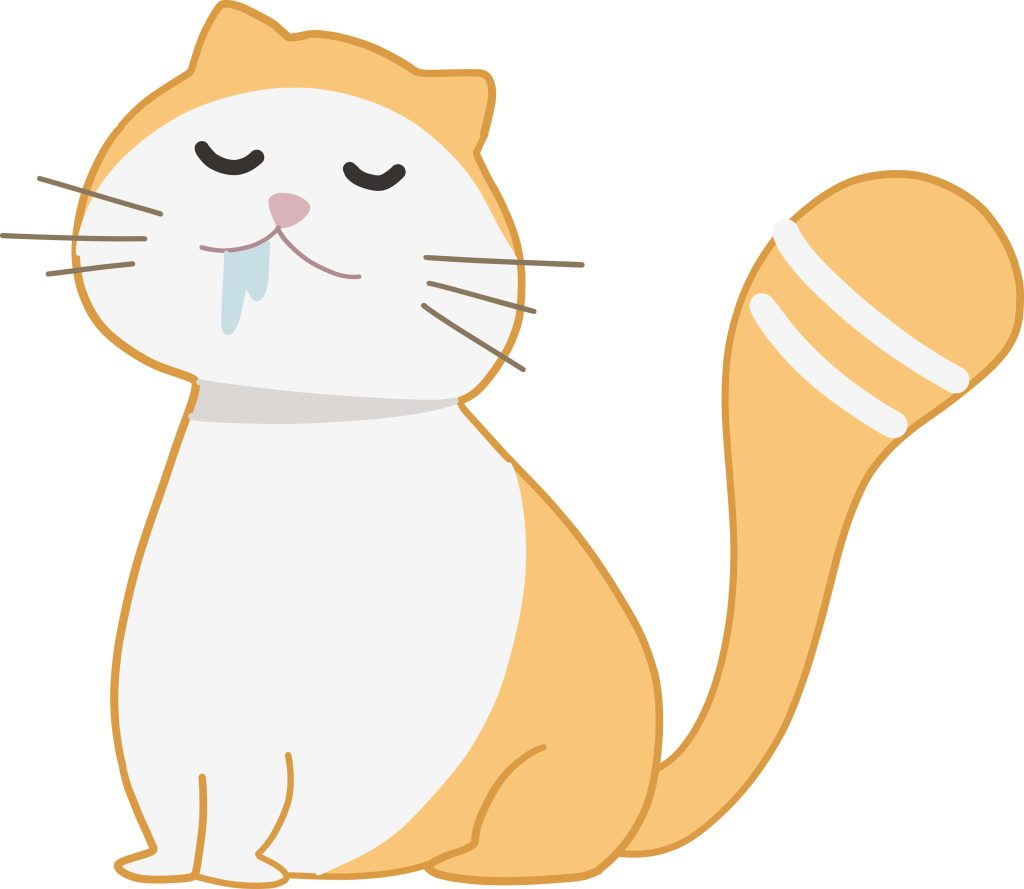
I’ve never seen my feline friend do this before! All of a sudden, my kitty is drooling! There are many different reasons and triggers for this. If your cat is drooling, the possible causes include diseases of the mouth and/or teeth. Does it smell bad when your cat opens its mouth? Even though cats are perfectly capable of cleaning their own bodies, you can help out by brushing their teeth from time to time. Infections associated with the mouth and throat, as well as gum and tooth problems, are not only unpleasant for your cat, they might also be the reason your cat is drooling all of a sudden.
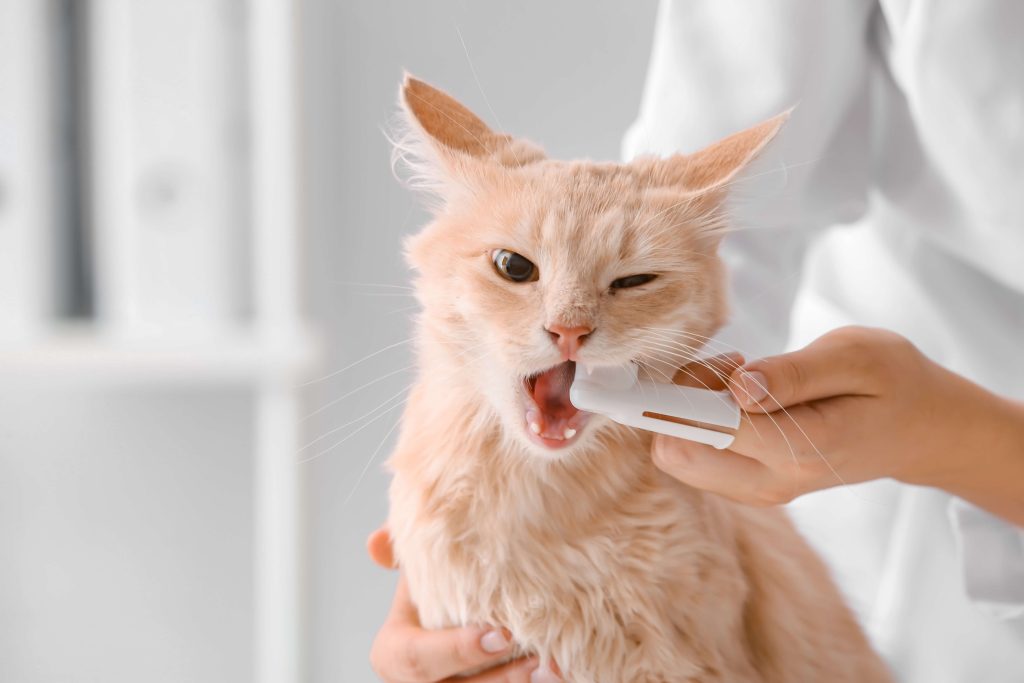
TIP: Get your cat used to having its teeth brushed, step by step!
- First, stroke your cat’s teeth lengthwise with your (clean!) finger.
- Eventually replace your finger with a soft toothbrush, but only when your cat has become used to the procedure.
- When your cat has gotten used to the toothbrush, the next step is to start using cat toothpaste on the toothbrush.
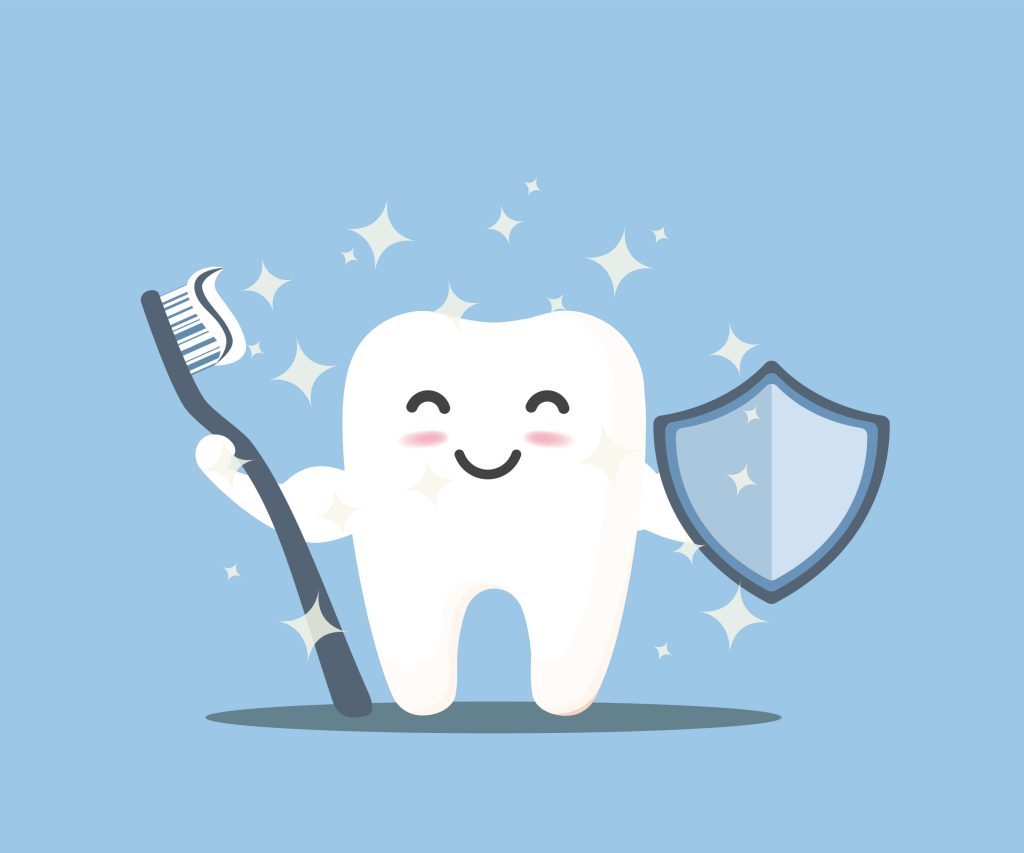
Cat drools thick mucus
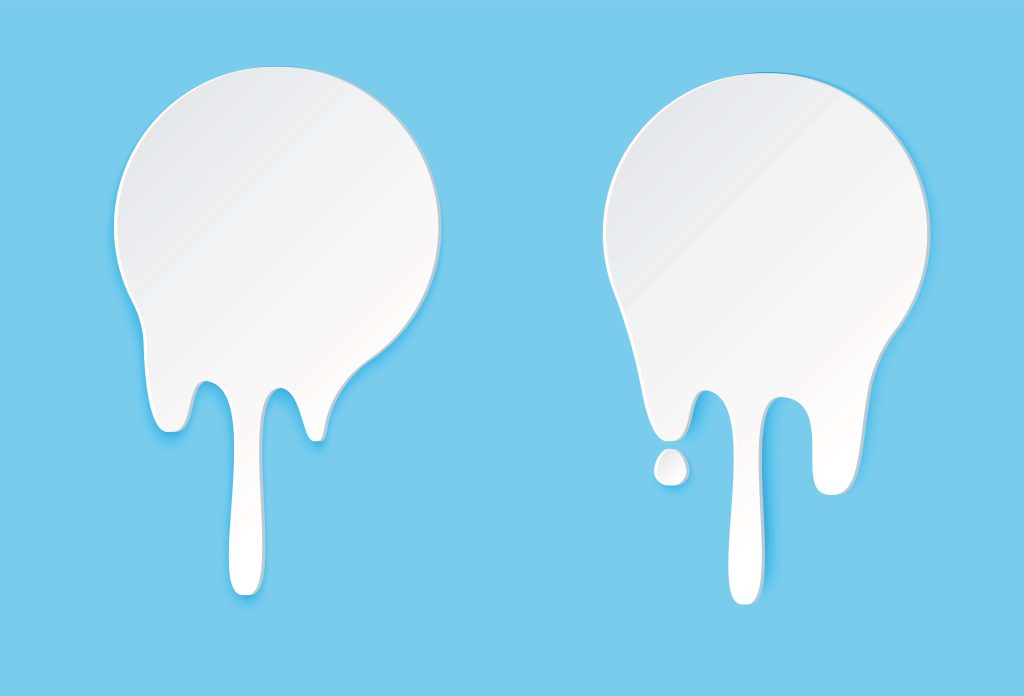
Your cat’s salivary glands produce saliva that’s made up of mostly water. It keeps their mucous membranes moist, allows them to taste what they’re eating and protects them from infection, which is great for your cat’s immune system. It also softens their food a little before it moves down the oesophagus on its way to the stomach. Your cat’s autonomic nervous system regulates how much saliva is available and what kind of consistency it has. Depending on which system is in action at the moment – the parasympathetic or the sympathetic nervous system – the saliva will be either thin or thick, in which case your cat will drool thick mucus.
Cat drools a lot
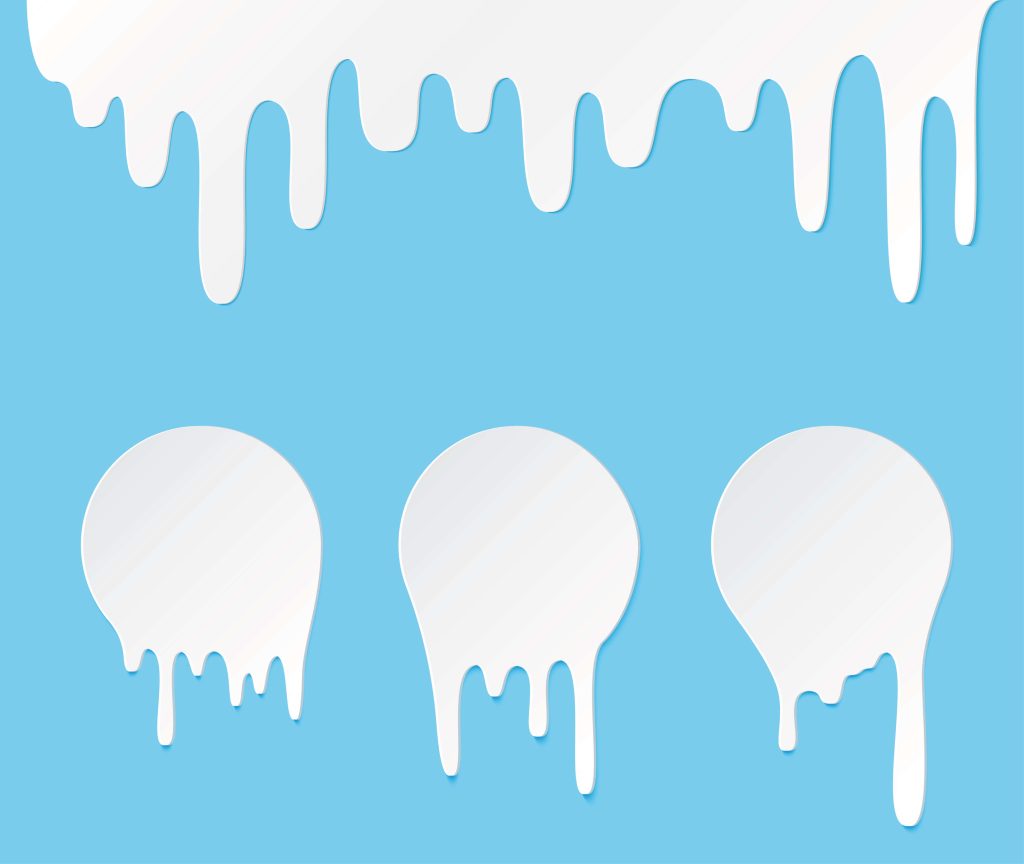
At the age of three to six months, your cat will get a whole new set of teeth. When these teeth come in, your cat’s gums and/or the mucous membrane in their mouths will likely swell and become inflamed. You might not even notice it, but your feline friend will be very much aware that something is going on. Their body will react instinctively to alleviate the symptoms associated with these new teeth. This will cause an increased flow of saliva and your cat will drool a lot.
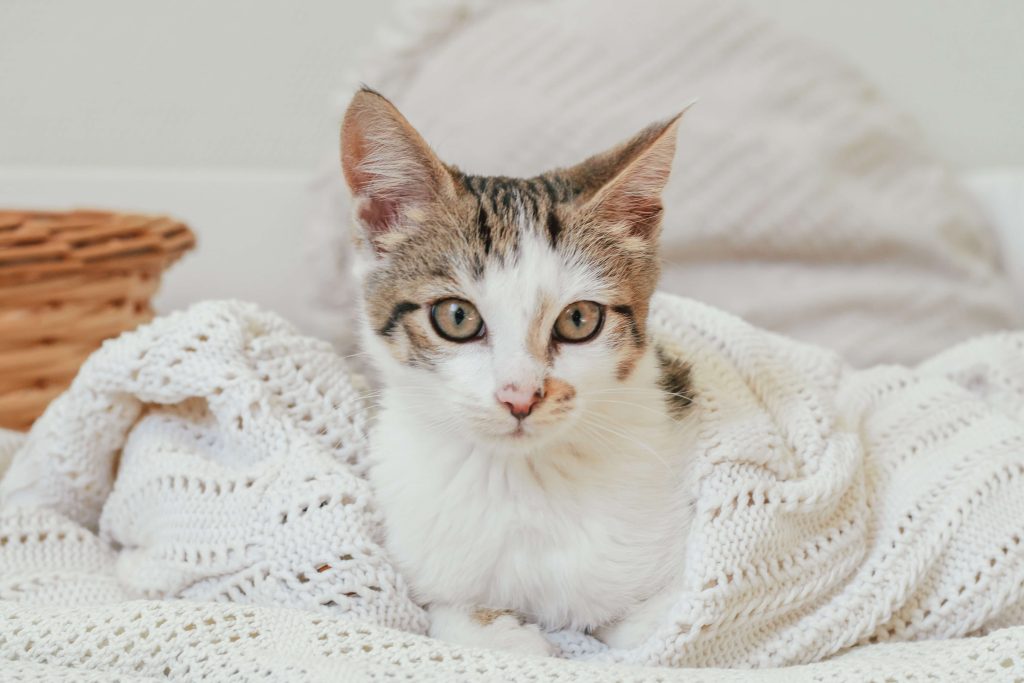
Cat starts drooling all of a sudden
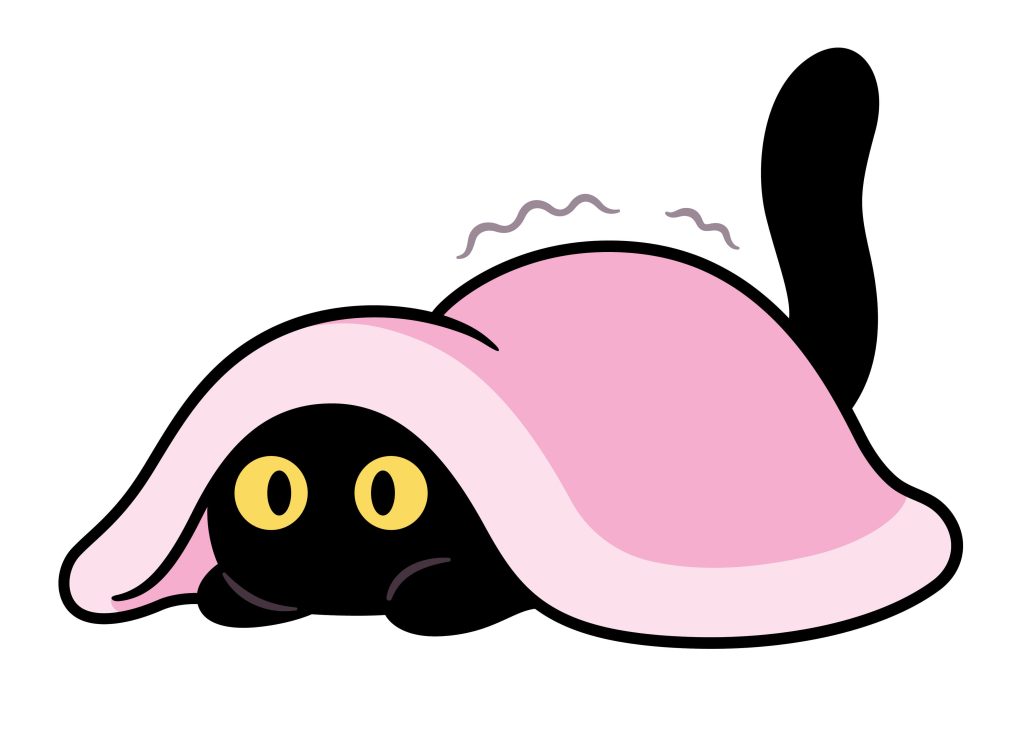
Is your cat drooling all of a sudden? It might mean they’re scared or feeling stressed. Cats are creatures of habit, they love their rituals. When everything is the way it’s always been, they feel safe and secure. And don’t forget, cats have adapted perfectly to us humans, but we’ve never really domesticated them! These instinctive hunters are equipped with highly developed senses. Imagine being a cat, for example, forced to spend hours locked up in a transport box where everything around you is loud and strange. Or having people you don’t know constantly want to touch you.
Cat drools while sleeping
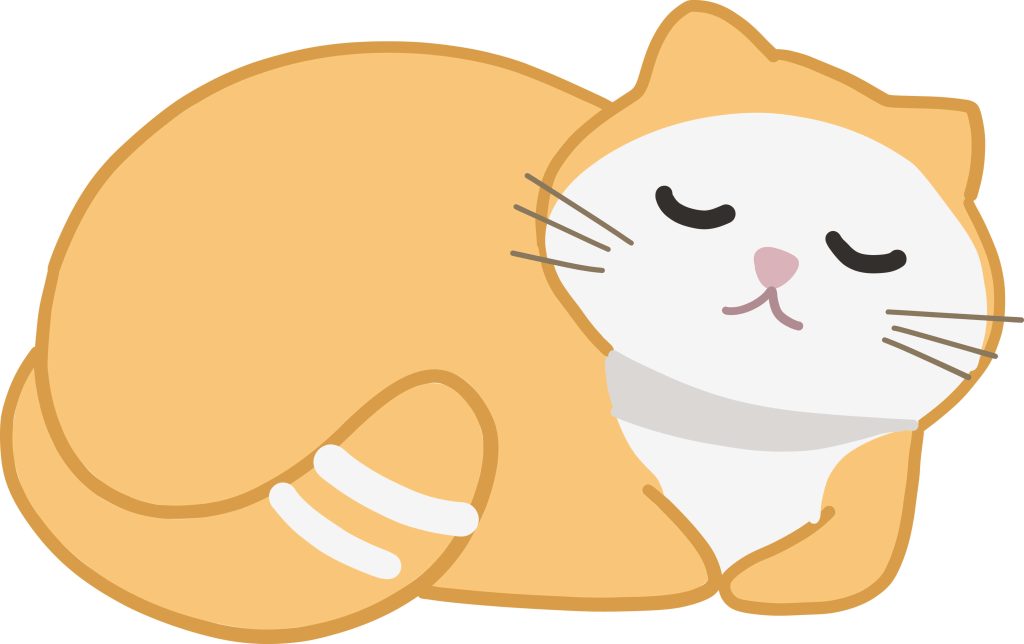
The reverse can also be the case: a cat might drool while they’re sleeping simply because they’re deeply relaxed! This is especially true when cats take an undisturbed nap in their favourite sleeping spot. When they need some peace and quiet, they retreat to a sheltered spot: “I’m off then!” As you probably already know, cats like to have several different places to sleep, including cosy nests and lounging areas, preferably at different heights. No matter what, your furry friend will always choose what it considers to be the perfect resting place.
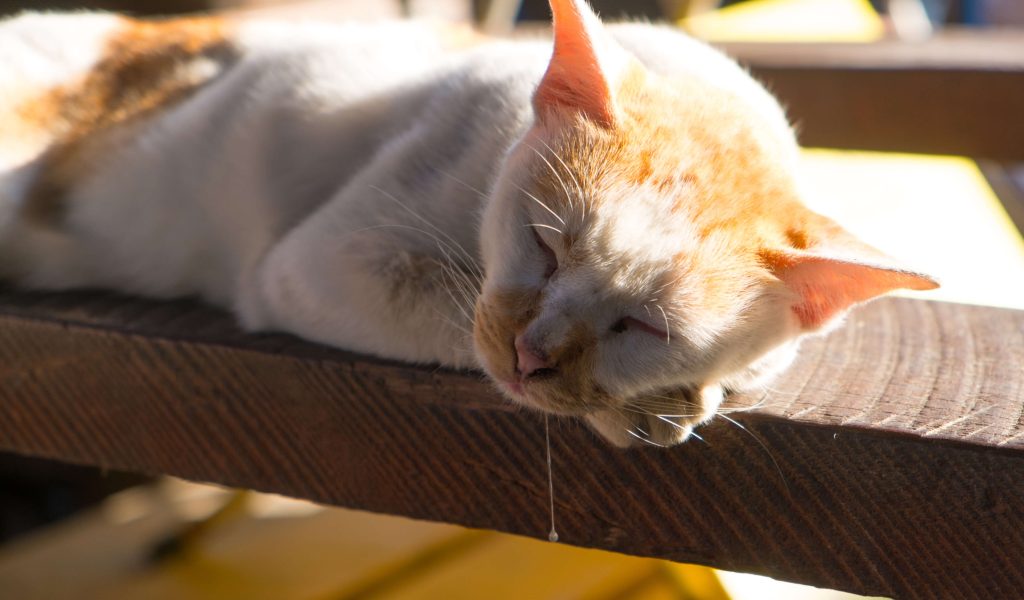
Cat drools while cuddling
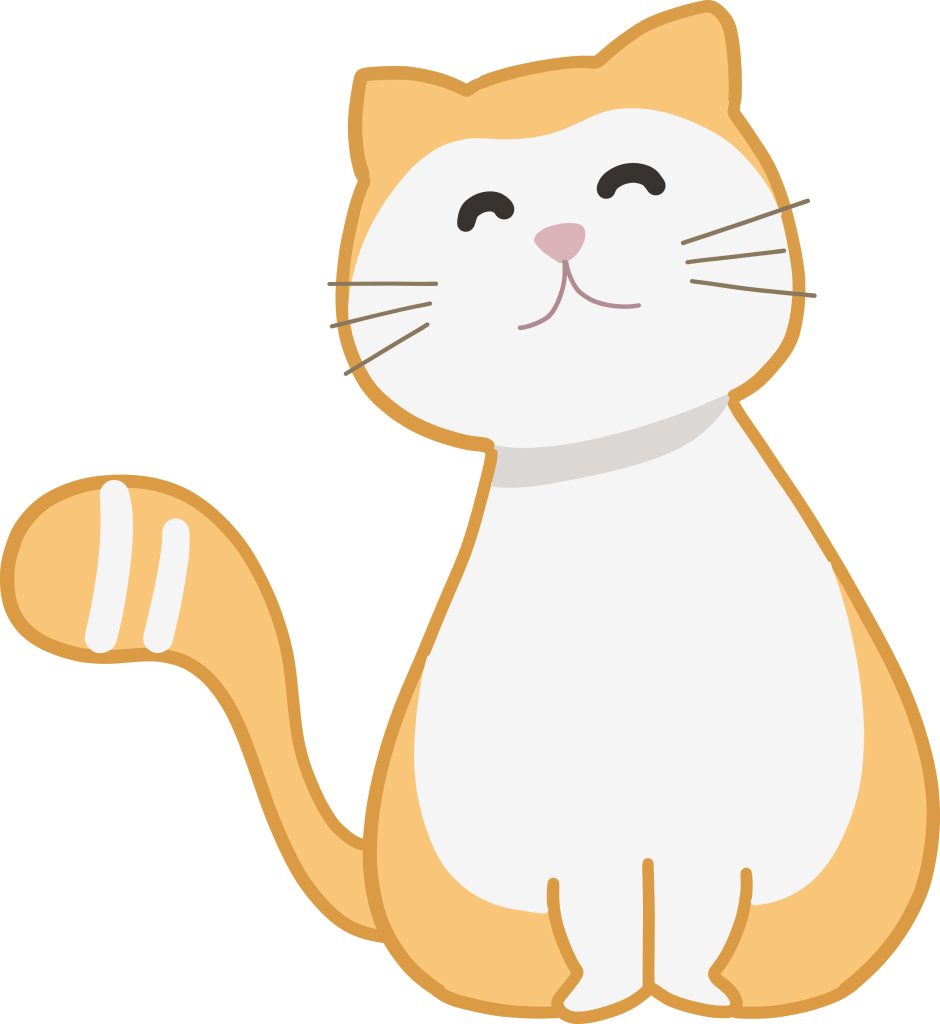
Massages, cuddling, snoozing – these are the things cats like best! These are also the things that make them purr the most: sometimes very softly and quietly, sometimes very loudly. This “whole-body vibration” has a communicative purpose, but it also impacts your cat’s health: purring regulates, calms and heals your cat’s body and soul. By the way, salivation can also be stimulated by feelings of sheer happiness. In other words, if your cat is drooling while cuddling, it means they’re feeling great!
Cat drools when petted
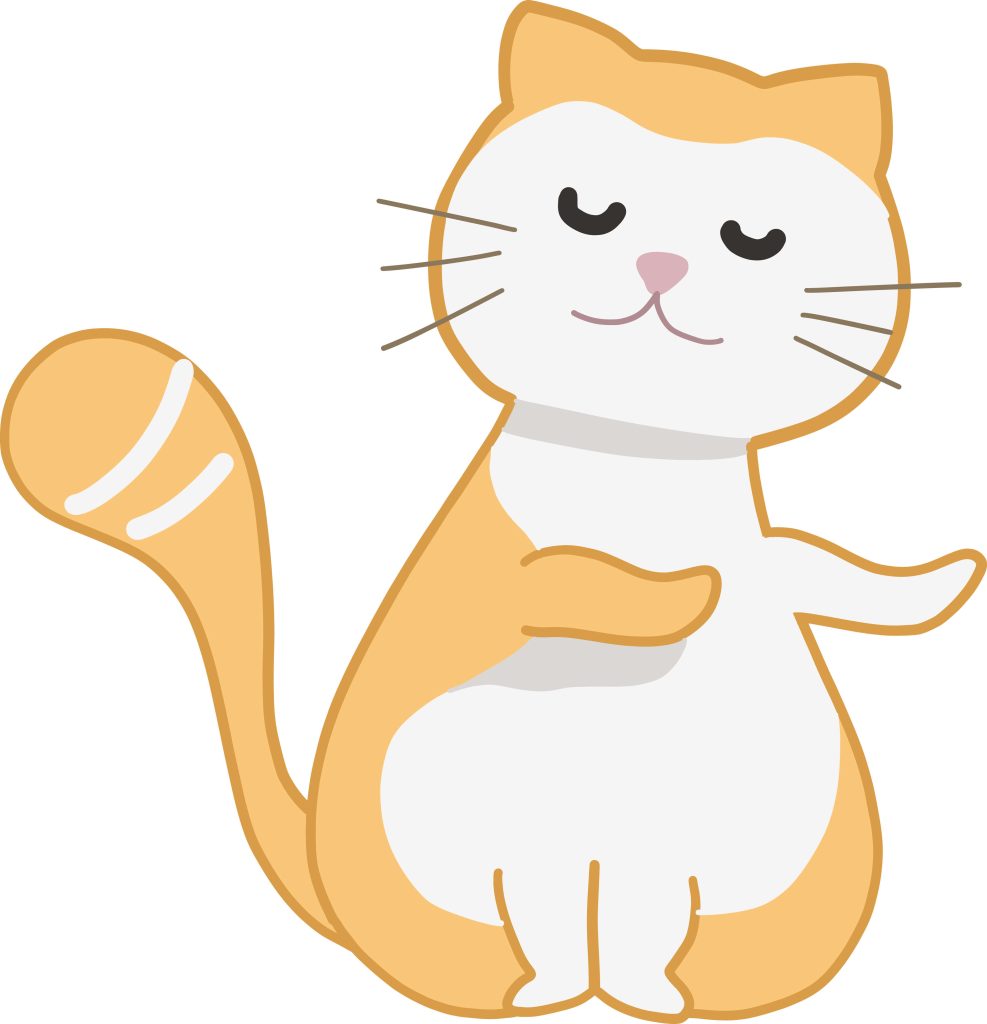
Let’s say your cat has made its way to your lap, settled in the perfect spot and is now enjoying your petting expertise. The longer you pet your cat, the more saliva may flow out of their mouth; first just a few tiny droplets then more and more! But this usually stops when the petting comes to an end. Cats drool during petting when they’re relaxed. Just as when they’re sleeping and cuddling, drooling is a harmless affair and a sign of happiness.
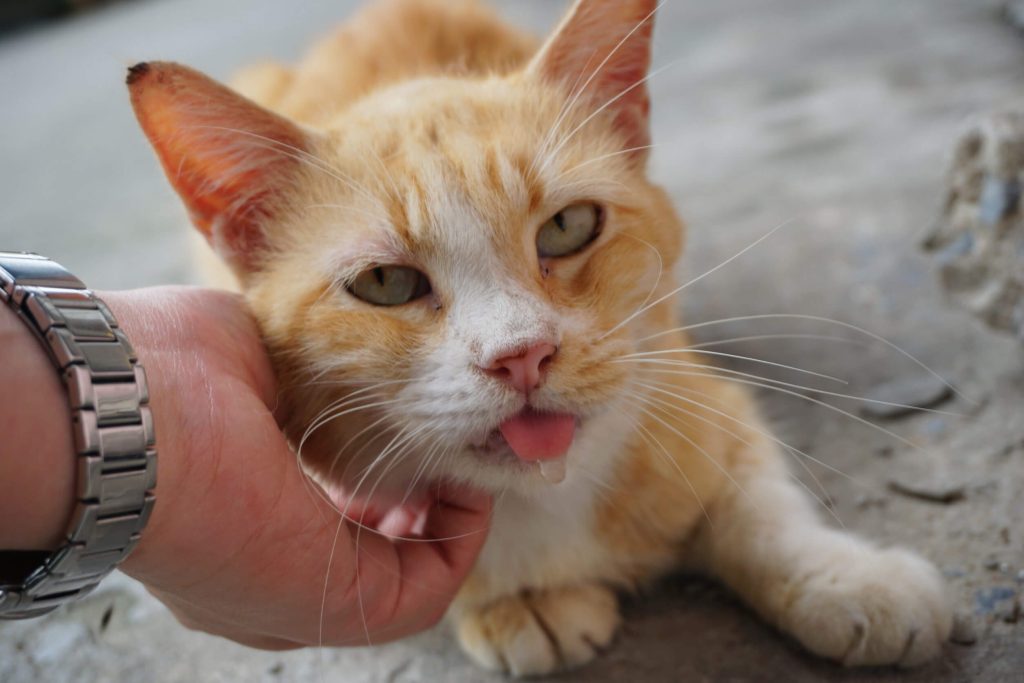
What should I do if my cat is salivating?
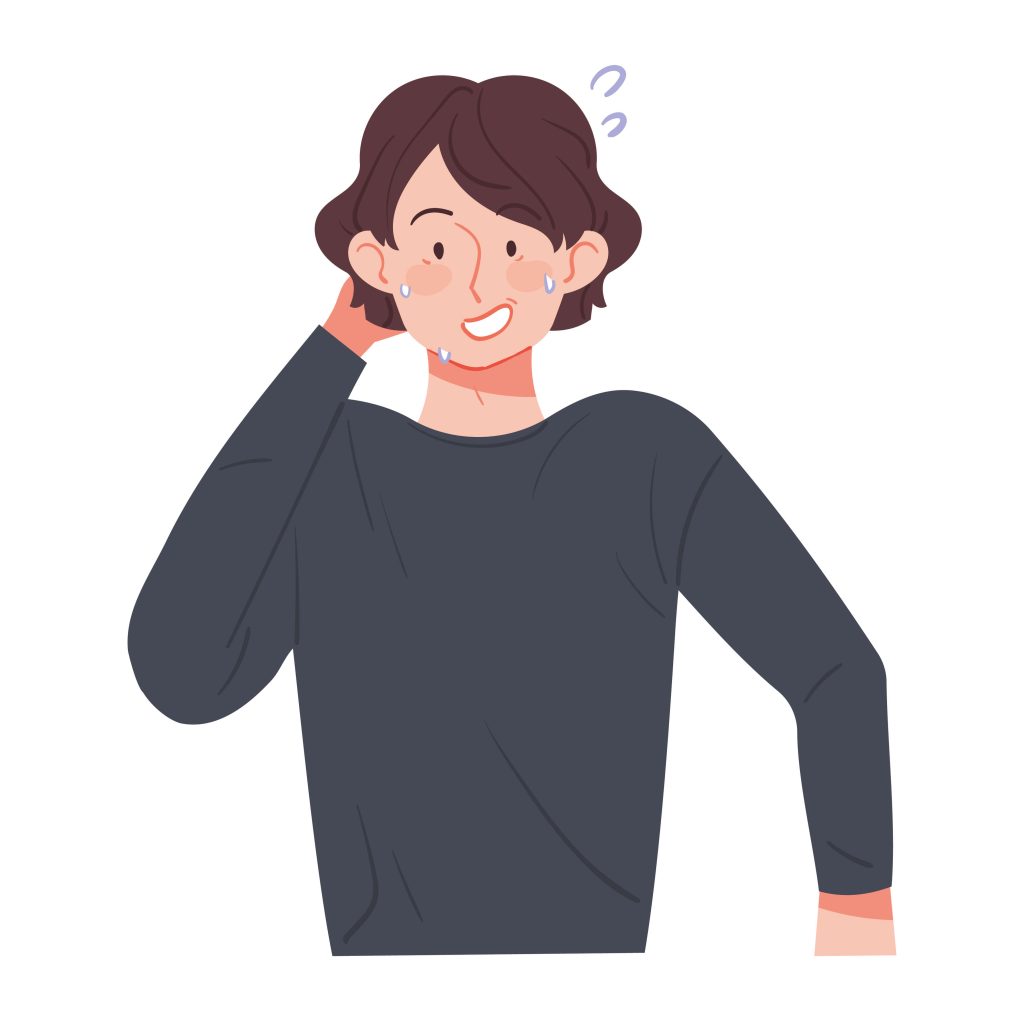
If your cat is salivating, it might be a completely harmless thing. Some felines drool when they’re asleep or when they’re cuddling or being petted, especially if they’re feeling completely relaxed. However, if your cat is drooling while not in a relaxed state, this might have emotional or physical causes. Unfortunately, your cat might also be seriously ill. It’s possible that some kind of disease is impacting their mouth, digestive system or nervous system, thus weakening their salivary glands. In this case, it’s important to figure out exactly what’s causing the drooling so that you can find the best treatment for your cat.
FACT: Did you know that the salivary glands responsible for producing saliva in cats are located under their tongues and on their lower jaws, but also on both ears?
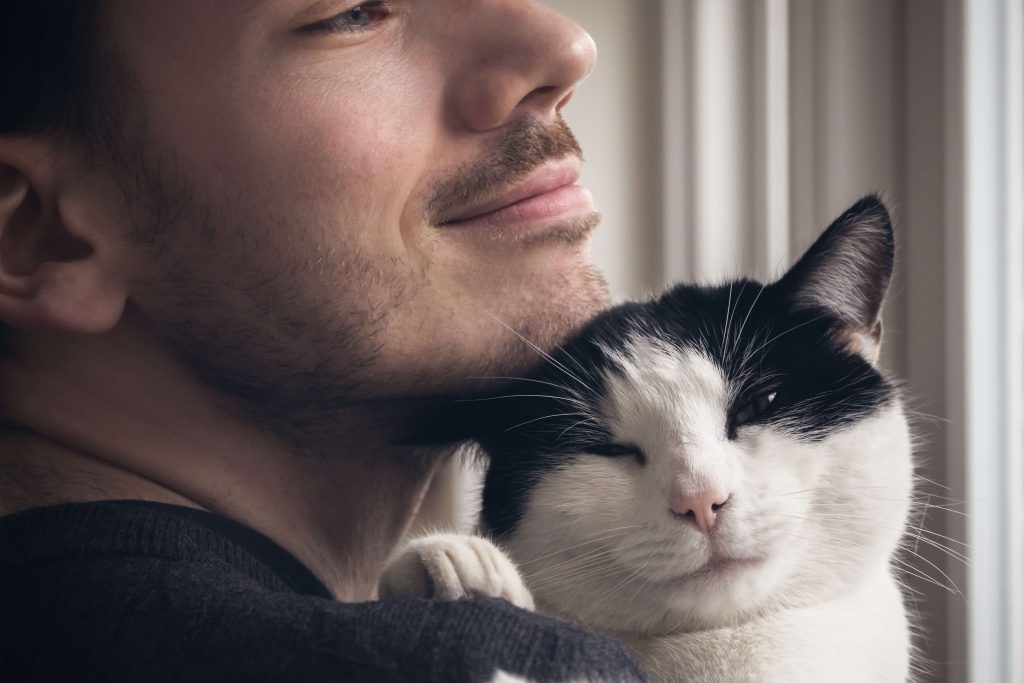
Drooling in cats can be normal
Drooling can be quite normal in cats. Some cats drool while they sleep or when they’re purring or being petted. When cats are very relaxed, their saliva sometimes takes on a life of its own, running uncontrollably out of their mouth. As soon as a cat wakes up and/or returns to alert mode, the drooling stops and no more saliva comes out of its mouth. If this is what happens to your cat, there’s no cause for alarm. But if the drooling and salivation don’t stop at all, you need to find out why right away!
Treat the cause
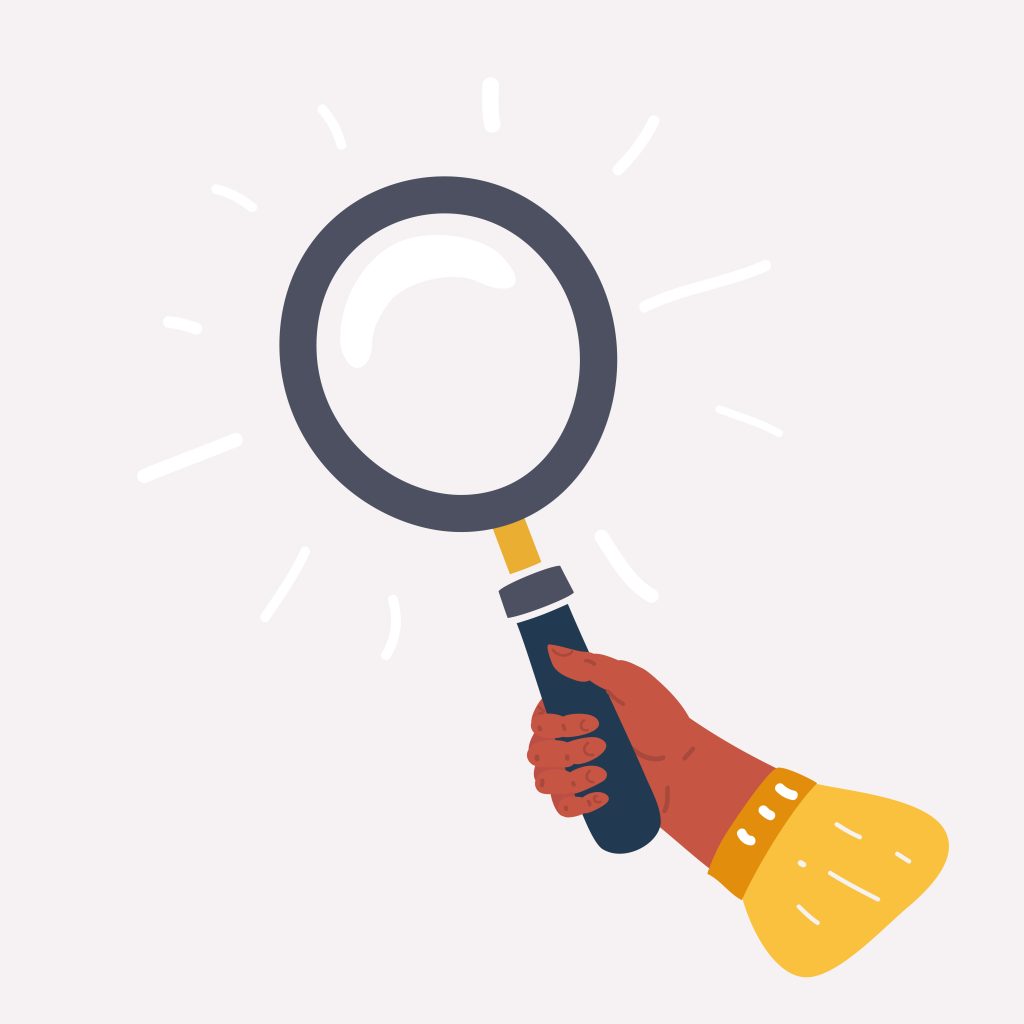
Your cat is drooling: What are the causes? Drooling is a symptom with a range of possible causes. Before you treat it, you’re going to have to figure out what’s causing the sudden salivation in the first place. Often the cause is – literally – right in front of you! For example, maybe you have a garden pond and your kitty wanted to bring you a fishy present they caught, but now they’re gagging and drooling heavily? In this case, it’s entirely possible that your cat caught some kind of native amphibian that emits poisonous secretions through its skin.
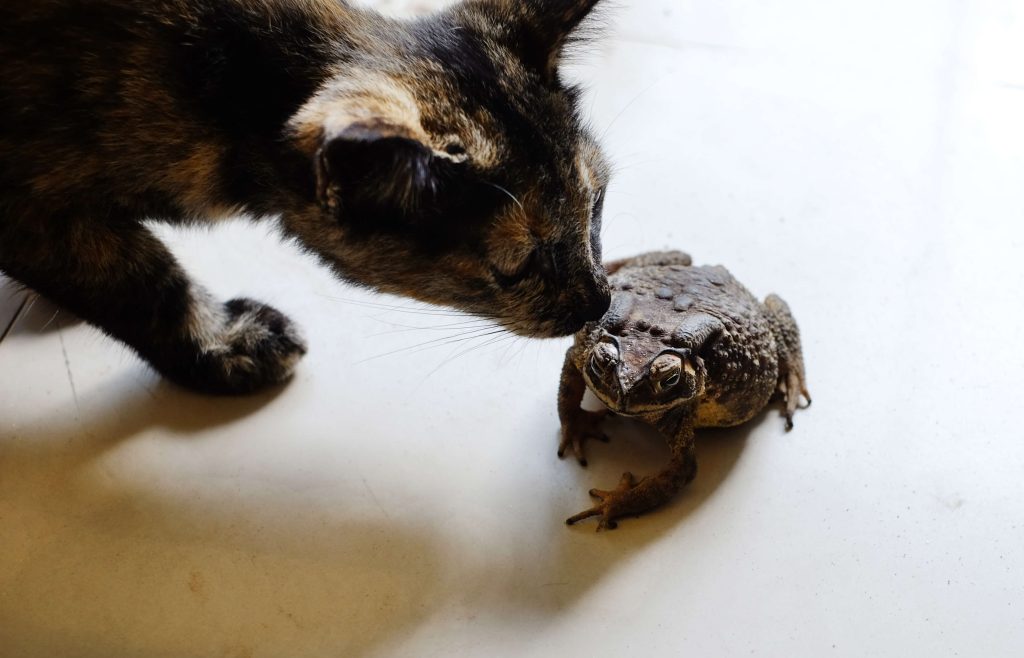
Do some research: What could your cat have come into contact with? Has your cat ingested any substances that might be dangerous to its health? The following are some of the most common culprits:
- Foreign bodies
- Poisons
- Fertilisers
- Food
- Medicine
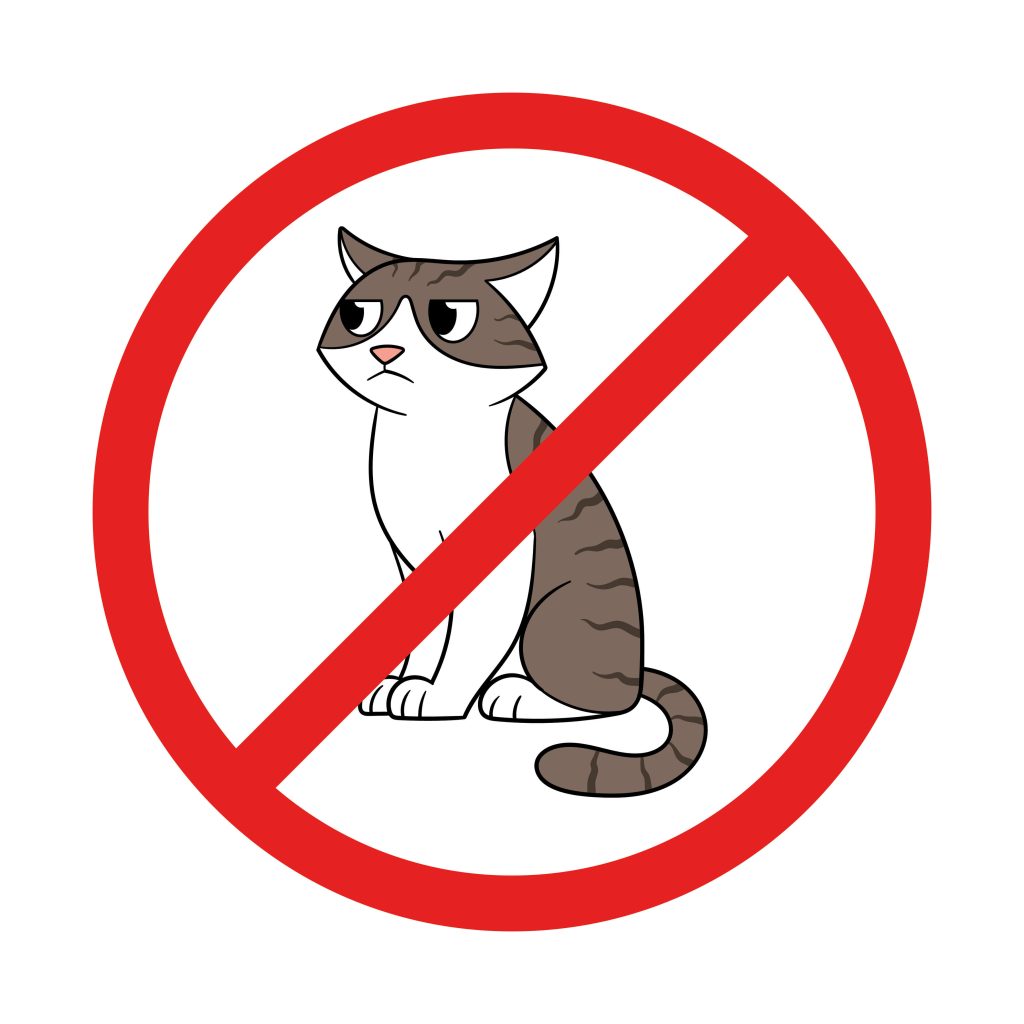
There are many other substances that cats are allergic to. Perhaps your furry friend had contact with a plant that is non-cat-friendly? Cats are usually guided by their instincts, and they tend to err on the side of caution. Nevertheless, they have been known to pick up and eat things that aren’t meant for them. If you know your cat ate something odd, and that this might be causing the drooling, it makes it much easier to figure out what kind of treatment will be most appropriate.
My cat is salivating heavily – When is it time to visit the vet?
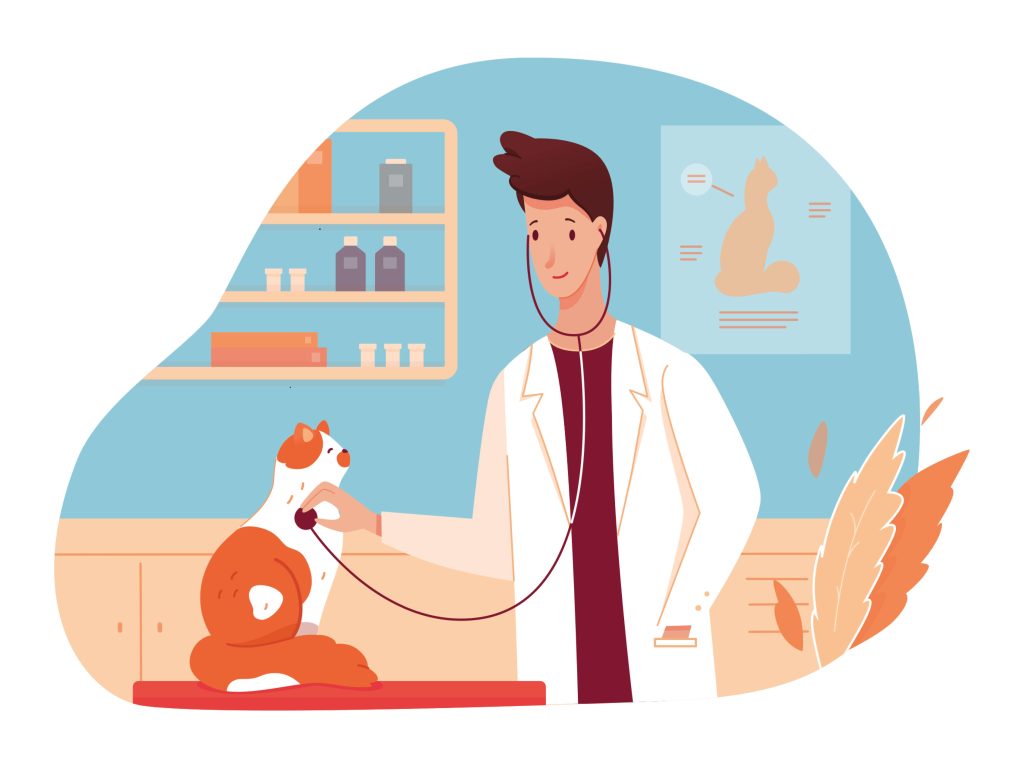
Some cats salivate heavily when they’re not in alert mode, that is, when they’re sleeping, cuddling or being petted. This is because the muscles on the cat’s head and in and around their mouths are not tensed up. When there’s no tension, and when their muscles are relaxed, there are no barriers: their mouths will open slightly and saliva will flow out more easily without being swallowed immediately. When relaxation time is over, your cat will become alert again and the flow of saliva will stop. However, if your cat continues to salivate heavily, you should take them to the doctor, as they might be seriously ill and need help.
If salivation doesn’t stop
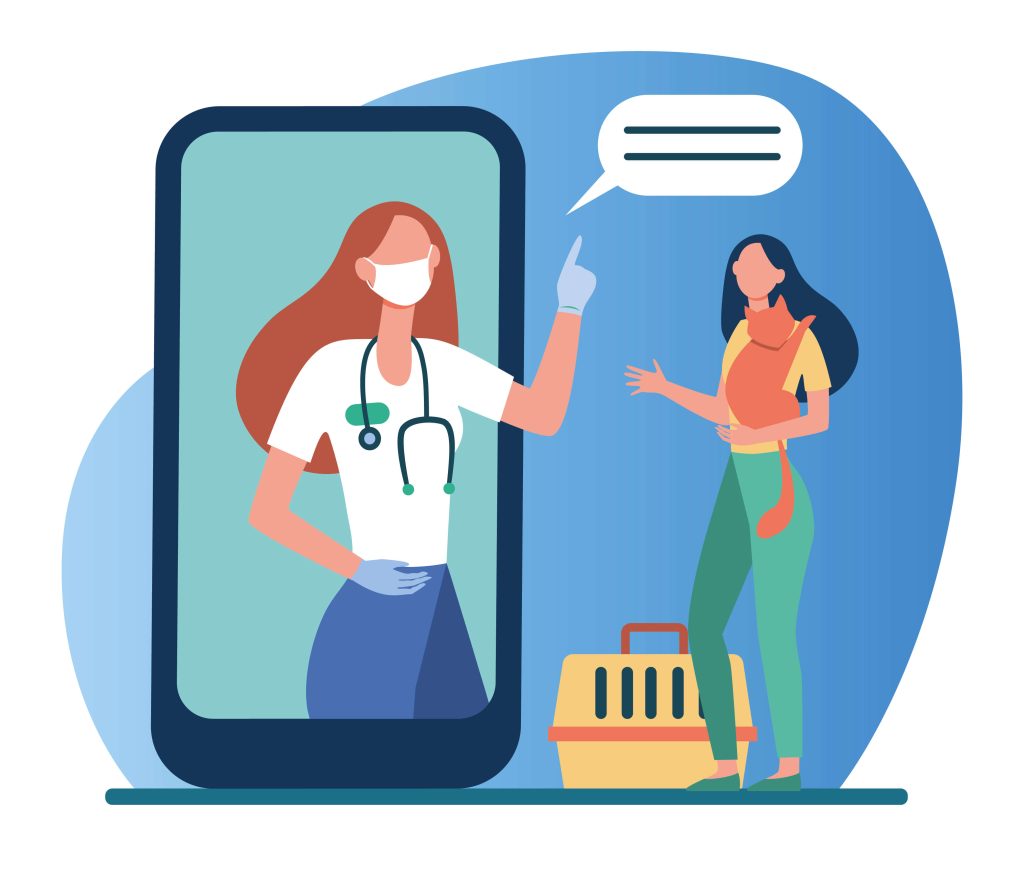
If salivation isn’t stopping and your cat is also salivating heavily, you should consult a vet. In this case, it’s best to call the doctor beforehand and describe the symptoms, so that they can prepare for your visit. In an emergency, for example, in the case of a life-threatening poisoning, this can be very important; by calling in advance, you avoid unnecessary waiting times and make sure the doctor already knows what needs to be done as soon as you get there. This way, the vet can help your cat much quicker and with no complications.
In the case of further behavioural abnormalities
If your cat only drools in particular situations rather than all the time, or if the salivation seems to regulate itself, there’s usually nothing to worry about. However, cats with a drooling problem often display other behavioural abnormalities. If, in addition to drooling, your cat has other symptoms, such as…
- Apathy
- Shortness of breath
- Diarrhoea
- Vomiting
- Fever
- Cramps
- Disorientation
- Aches and pains
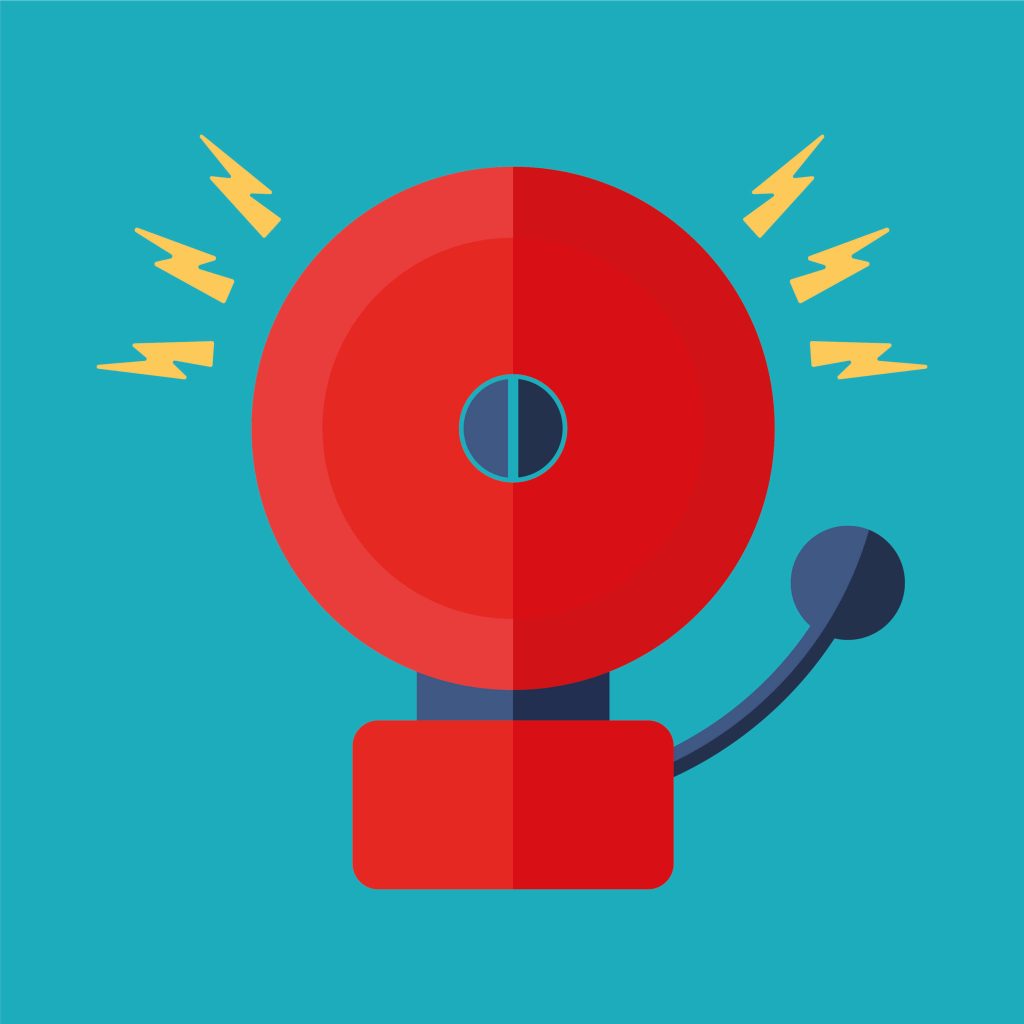
…then they might be seriously ill. If your cat is drooling and also displaying some of these symptoms, you should be on the safe side and go to a vet for a thorough check-up. There might actually be something wrong and your furry friend might be in trouble!
REMINDER: If your cat vomits for more than a day, you should consult a vet immediately!
Especially for kittens and older cats, it can be life-threatening if they become dehydrated.
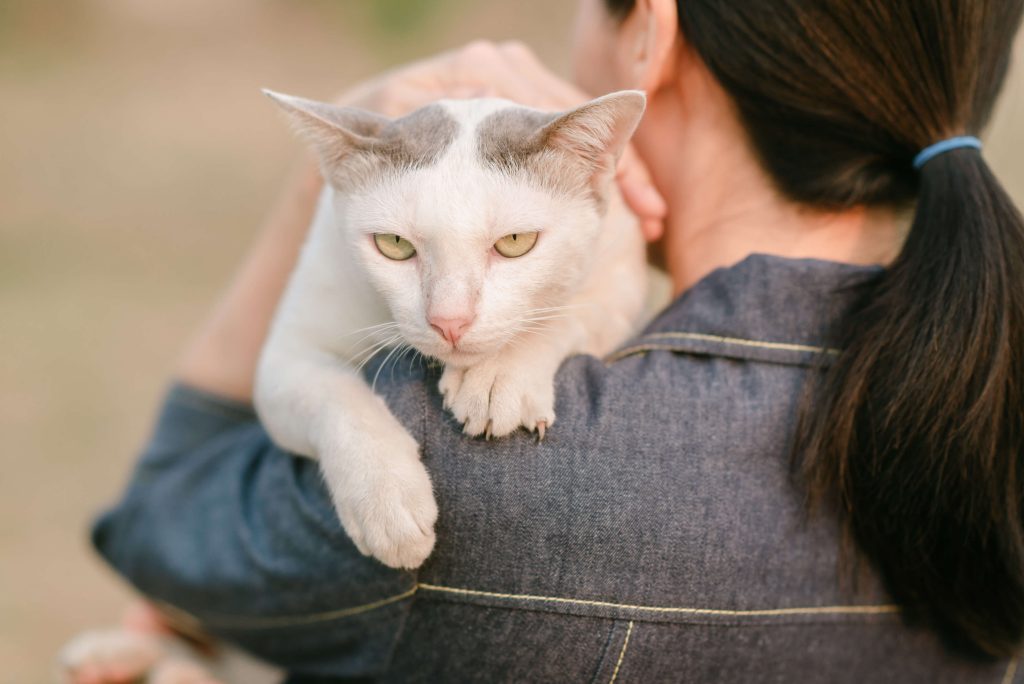
Frequently asked questions – My cat drools
When a cat drools, there are many different possible causes. It can be quite harmless and just happen because your cat is feeling good. But it can also mean your cat is ill. In this case, drooling is a sign you should take seriously, as it may be a symptom of illness.
When a cat drools, there are many different possible causes. It can be quite harmless and just happen because your cat is feeling good. But it can also mean your cat is ill. In this case, drooling is a sign you should take seriously, as it may be a symptom of illness.
Some cats drool when they sleep. They’re just so relaxed that the flow of saliva sometimes takes on a life of its own, running uncontrollably out of the cat’s mouth and causing it to drool. As soon as the cat is awake and in alert mode again, the drooling stops. If this is the case, there’s no cause for concern!
Your cat’s salivary glands produce saliva that’s made up mainly of water. It keeps their mucous membranes moist, allows them to taste what they’re eating and even protects them from infection, which is great for your cat’s immune system. How much saliva and what consistency it has is regulated by your cat’s nervous system: depending on which part of the nervous system is in charge at the moment, the saliva will either be thin or thick, and the cat will drool thick mucus.
When cats are three to six months old, they get a whole new set of teeth. This might cause their gums and the mucous membranes in their mouth to swell up and become inflamed. The cat’s body will react appropriately to alleviate the symptoms: this means an increased flow of saliva that signals the arrival of new teeth that are causing the cat to drool a lot.
Cats might start drooling all of a sudden if they’re scared or feeling stressed. Don’t forget, cats have adapted to us humans, but we’ve never really domesticated them! They’ll always be little hunters equipped with highly developed senses. Just imagine if you were a sensitive cat locked up in a transport cage, where everything around you was loud and strange, or where people you don’t know constantly wanted to pet you, it would probably upset you too, right?
Cats have three salivary glands that produce saliva in their mouths. This saliva moistens their mucous membranes, allows them to taste what they’re eating and wards off pathogens. It also softens their food before it gets transported further to the oesophagus and then to the entrance of the cat’s stomach. In other words, saliva is an important helper!
Cats clean, drink and cool themselves with their tongues. These activities are a great opportunity to get a good look at their tongues. Sometimes when they’re meowing, or when they’re deeply relaxed and stretching out their bodies, it’s totally normal for their tongue to stick out. In all other cases, the situation is similar to drooling; in other words, if your cat’s tongue is doing weird or abnormal things, you should be on the safe side and pay a visit to the vet.
When cats foam at the mouth, it can have a number of different causes. The colour of the foam can also vary depending on what triggered it in the first place: it can be white, yellow, green or pink. If your cat has been vomiting foam, you should definitely investigate. What caused the vomiting? And if there are any other behavioural abnormalities, it’s always advisable to have the cat seen by a veterinarian.
Salivation is involuntary, which means your cat can’t control it. Their autonomic nervous system initiates salivation all by itself. If the salivation happens when your cat is relaxed, it’s usually a good sign, because it means they’re super comfortable and enjoying themselves! If your cat salivates a lot and tends to stain furniture and clothing, you can protect these areas by covering them with washable cloths.
If your cat is drooling a lot, if the drooling doesn’t stop and if this constant salivation is accompanied by other behavioural problems, it’s entirely possible that your cat is ill. If this is the case, it’s always better to be on the safe side and take your cat to the vet for a thorough check-up. When you do this, you’ll be able to find out what’s going on and get the best immediate treatment for your cat.
If the salivation is heavy and isn’t stopping, you should definitely consult a vet. It’s best to call in advance and describe the symptoms beforehand so that the vet can prepare for your visit. In an emergency, for example, if your cat has come into contact with some kind of poison, your vet will be able to make the necessary preparations and avoid any unnecessary waiting times. In other words, if your vet is expecting you, your cat will get the best and fastest professional care!
